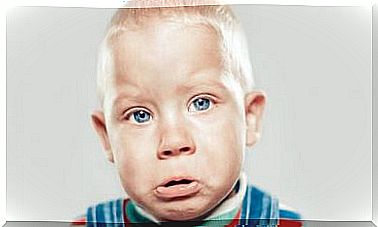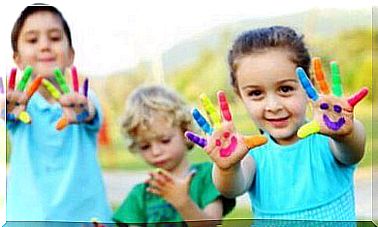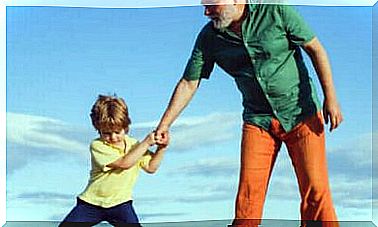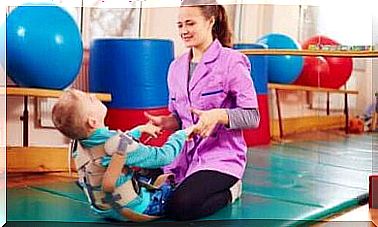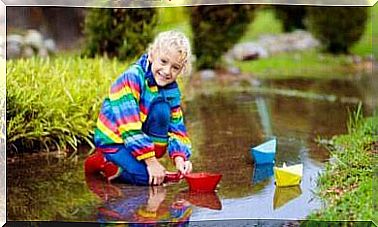How Does A Baby Learn To Laugh?
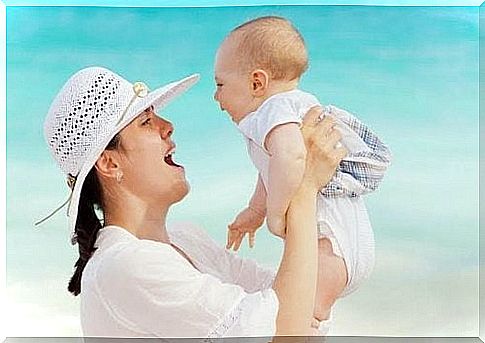
The fact that a baby is seen laughing for the first time is a very exciting moment for every parent. But how does the baby learn to laugh and how does he experience the world around him?
How does a baby learn to laugh?
Top baby learns to laugh and smile by imitating. The baby sees a smile on another person’s face and then smiles after himself. As you grow up, your child starts doing funny things like sneaking, tickling, grimacing, and making funny sounds.
At the age of one, a child loves being spoken to using extended syllables. This will no doubt help the child to learn the language more easily. The child learns words that make it easier to communicate with parents and the world around them. This process continues throughout childhood.
According to some experts, a child learns to laugh and smile very quickly and are considered part of a person’s way of communicating. Where crying tells a child to be hungry, tired, cold or hot, laughter is similarly a way to interact with others.
The most recent related research was conducted at Birkbeck College in London by a number of researchers. They used more than 700 questionnaires to gather information from around the world about how a baby learns to laugh. One research finding was that the child responds with a smile in pleasant situations.
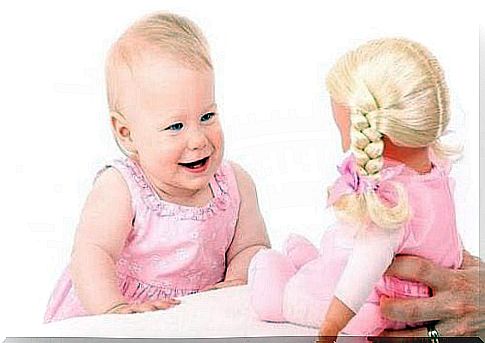
The smile of a newborn
The baby’s first smile comes straight from his soul. Even if the baby smiles just to imitate his parent, this gives the parent the feeling that the child is happy in his or her arms, and he or she feels safe and at ease when he or she feels the warmth of the parent.
Smiling is an unconscious gesture, and a newborn can often be seen smiling in their dreams. The muscles of the newborn’s face contract due to feelings of pleasure. These include, for example, the taste of milk or a memory of when she was in her mother’s womb.
Some call such a newborn smile an angel smile because it is not for any particular reason, is not aimed at anyone in particular, and is not intended to communicate with anyone.
Development of a child’s sense of humor
At the age of eight to nine weeks, the baby begins to smile voluntarily. The baby smiles when he feels a sense of belonging with his parents or other close people. So if the parent is happy, the baby is happy too.
Over the next few months, by repeating this activity daily, the child’s sense of humor will begin to develop. It opens the door to happiness and enthusiasm. This feeling of satisfaction makes the child feel accepted and loved.
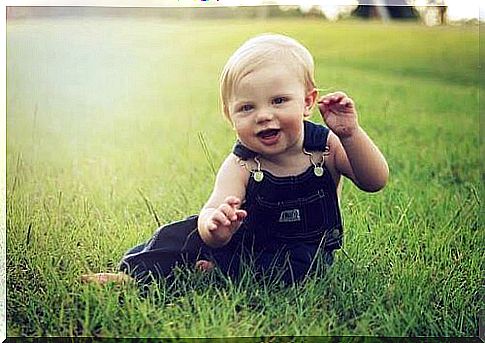
A good sense of humor is really rewarding, so you should start promoting it.in very early. Happy adults see life from a different perspective, and so are children who are just beginning to explore the world.
The importance of laughing
To better understand a child’s laughter, we’ve compiled a list of the key benefits of a child’s laughter.
A miraculous medicine
Laughter makes the child feel better and put pessimism aside. In addition, it boosts the immune system.
An educational tool
The humor used by a parent has a miraculous effect on the behavior of a child in the midst of a tantrum.
Develops empathy
In order for a child to learn to be sweet, he or she must be able to be attentive and understand the needs of other people.
Increases self-confidence
Many studies have shown that a sense of humor is closely related to self-esteem.
Promotes intelligence
Telling jokes improves a child’s vocabulary and memory and develops lateral thinking that makes the child evaluate the world around them with humor.



